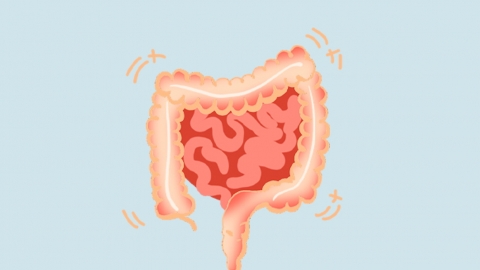What department should I visit for Helicobacter pylori infection?
Under normal circumstances, patients infected with Helicobacter pylori can choose the appropriate department according to their symptoms, mainly including gastroenterology, gastrointestinal surgery, general practice, infectious diseases, and emergency departments. Different departments have different focuses in diagnosis and treatment, as detailed below:
1. Gastroenterology
Gastroenterology is the core department for diagnosing and treating digestive system diseases. Helicobacter pylori mainly resides in the gastric mucosa and can easily cause gastric diseases such as gastritis and gastric ulcers, which fall within the scope of gastroenterology. This department can accurately detect Helicobacter pylori infection through gastroscopy, carbon-13 or carbon-14 urea breath tests, and provide standardized treatment for gastric mucosal inflammation, ulcers, and other lesions caused by the infection. Therefore, gastroenterology is the recommended first choice.
2. Gastrointestinal Surgery
If Helicobacter pylori infection remains uncontrolled for a long time and leads to severe gastric lesions, such as gastric polyps, precancerous gastric lesions, or complications such as gastrointestinal bleeding or gastric perforation requiring surgical intervention, gastrointestinal surgery should be consulted.

3. General Practice
General practice is suitable for patients with mild symptoms and uncertain severity of Helicobacter pylori infection. This department can perform an initial assessment and basic tests to determine the infection status. If the condition is simple, basic treatment can be provided directly.
4. Infectious Diseases Department
When Helicobacter pylori infection is accompanied by significant gastrointestinal infection symptoms, such as high fever, severe vomiting, or suspected co-infection with other pathogens, the infectious diseases department should be visited. This department specializes in diagnosing and treating various infectious diseases and can determine whether mixed infections exist through specialized tests.
5. Emergency Department
If Helicobacter pylori infection causes acute and severe symptoms, such as sudden massive hematemesis, severe and persistent abdominal pain, or shock, immediate visit to the emergency department is required. The emergency department is equipped to provide urgent care and can quickly perform emergency measures such as hemostasis and anti-shock treatment.
In addition, Helicobacter pylori infected patients may also choose departments such as spleen and stomach disease departments according to the specific departmental setup of the hospital. It is also recommended that patients organize information about the timing and frequency of their symptoms before visiting the doctor, to assist physicians in accurately assessing the condition.








